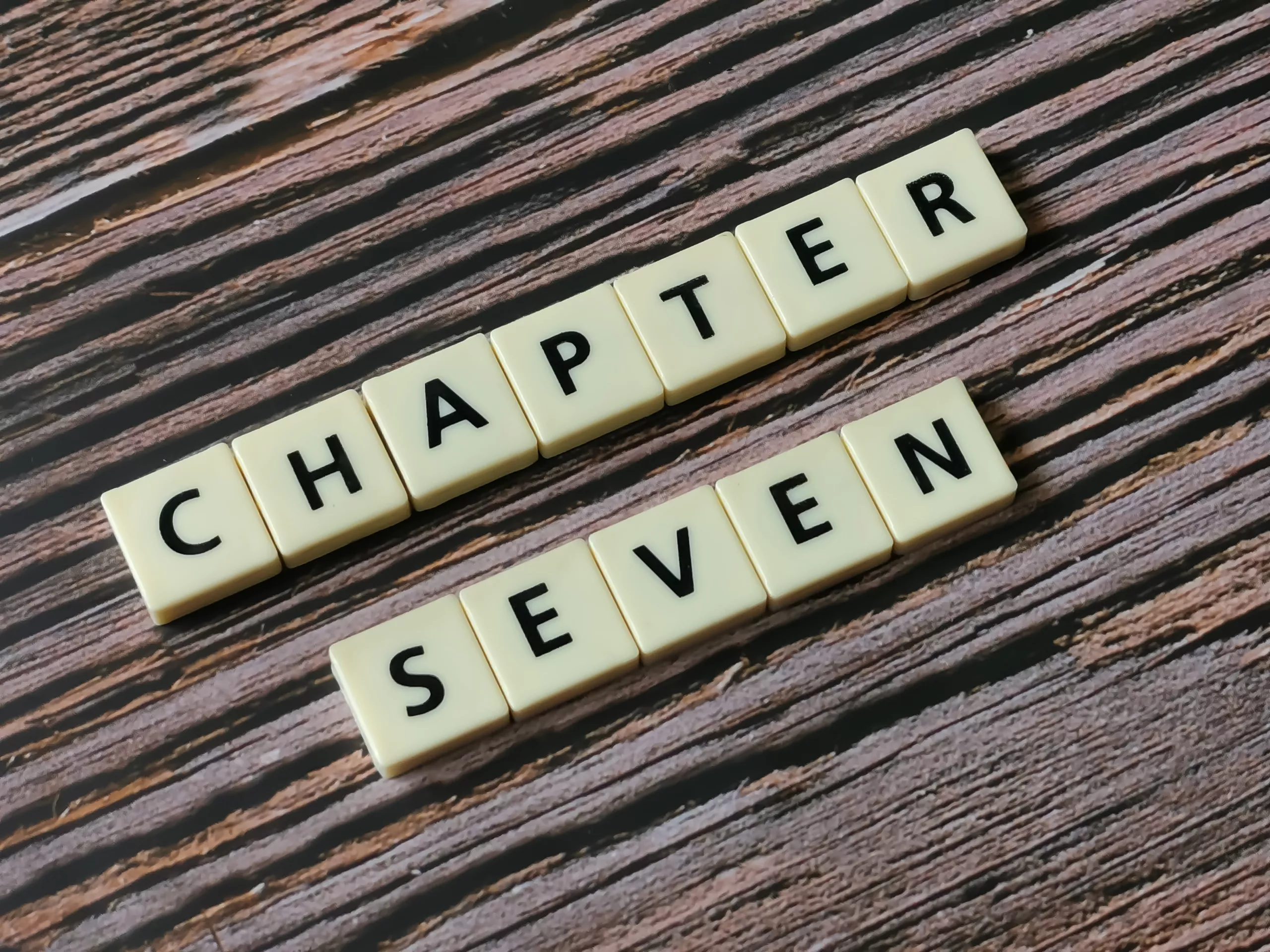It may temporarily put a mark on your credit report, but the bankruptcy process also offers you a fresh start. If you’re besieged with financial problems leaving you unable to pay your debts, filing for bankruptcy could very well be the solution. To avoid any misstep, get some legal advice on your potential bankruptcy case right away.
Which Bankruptcy Chapter Should I File?
 There are different types of bankruptcy detailed in the United States bankruptcy code. The two most common for personal bankruptcy are Chapter 7 and Chapter 13. What are the requirements and benefits of each one?
There are different types of bankruptcy detailed in the United States bankruptcy code. The two most common for personal bankruptcy are Chapter 7 and Chapter 13. What are the requirements and benefits of each one?
Chapter 7
This is a liquidation bankruptcy. Hence, you have to sell certain assets in order to pay back your creditors.
- It is a shorter process, only taking about three to four months before filers get a bankruptcy discharge.
- It lets you hold on to exempt property. Exemptions vary from state to state, so verify with your lawyer regarding belongings you can keep in New Jersey.
- It doesn’t include a repayment plan to stop repossession or foreclosure.
- It stays on your credit report for up to a decade.
Chapter 13
This is a reorganization bankruptcy. Hence, you can arrange a repayment plan and keep your property as long as you stay current on the terms of your plan.
- It’s a longer process with bankruptcy cases taking three to five years to close.
- It’s only for individuals. Businesses aren’t eligible for it.
- It allows prevention of foreclosure and seizure of assets on the condition that you pay your debts in regular installments to a bankruptcy trustee.
- It stays on your report for up to seven years.
Which Bankruptcy Process Suits Better?
What are the different steps included in the bankruptcy proceedings of each chapter?
Chapter 7
- Accomplish the correct bankruptcy forms and file a bankruptcy petition under Chapter 7 with the bankruptcy court.
- Pay court fees, including filing fee, administrative free, and trustee surcharge, currently all amounting to $335.
- Attend Meeting of Creditors, where the trustee interviews you and reviews your case. Creditors rarely show up.
- Pay secured creditors in full or in part before your debts are discharged in order to keep property attached to secured debts.
- Wait for the discharge, which means that the bankruptcy judge has verified that your dischargeable debts have all been recognized.
Chapter 13
- File a petition for bankruptcy under Chapter 13 with the court.
- Pay the fees, currently totaling to $310, and get an automatic stay, stopping creditors from their debt collection efforts.
- Submit repayment plan and pertinent documents, including tax returns, to the trustee.
- Start making payments as per the repayment plan you arranged within 30 days of filing.
- Attend the creditors meeting. If a creditor shows up, he or she might challenge the repayment plan.
- Wait for the confirmation hearing where your final repayment plan is approved by the court.
- Fulfill the requirements of your repayment plan, whereupon completion, you will get your discharge.
Is Bankruptcy the Answer to Your Financial Distress? Contact a New Jersey Bankruptcy Attorney Today!
Hiring a bankruptcy lawyer isn’t a requirement in filing for bankruptcy, but it is often a good idea. Depending on the complexity of your case and the time you have for taking care of the matter, the legal services of a lawyer may change from optional to imperative.
Bankruptcies go much more smoothly with the help of bankruptcy lawyers. They can help you with filling out forms, make sure you file bankruptcy correctly, deal with your more difficult creditors, represent you in meetings and court dates, and generally look after your interests and protect your rights.
Bankruptcy does have an impact on your financial future and more, so it’s best to navigate it with legal guidance. For legal assistance in your bankruptcy case, call us at Lucid Law to schedule a free legal consultation with an experienced New Jersey bankruptcy attorney.


